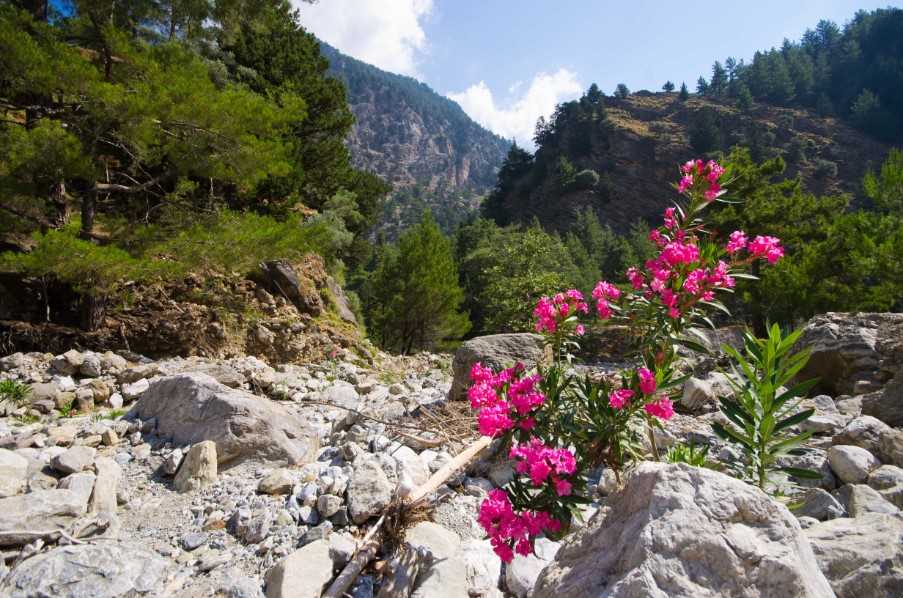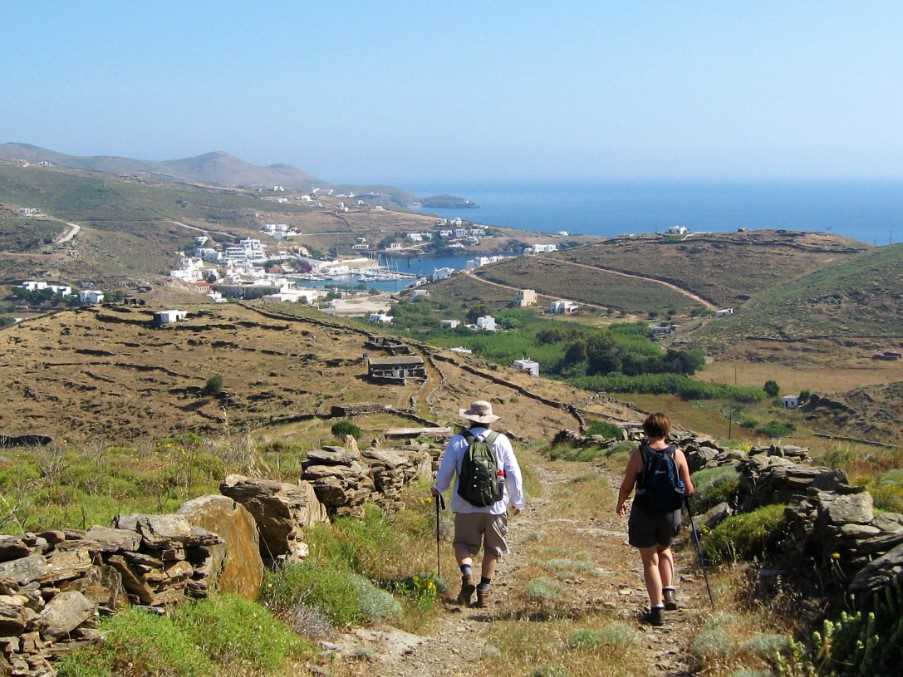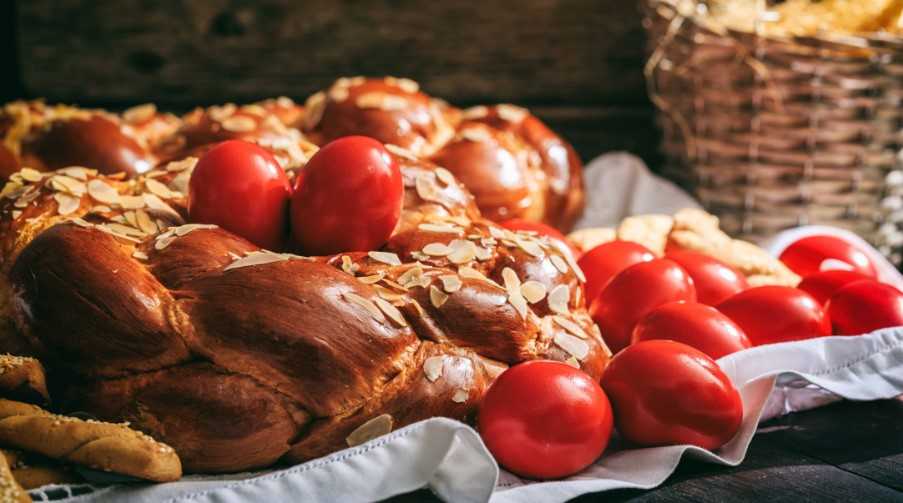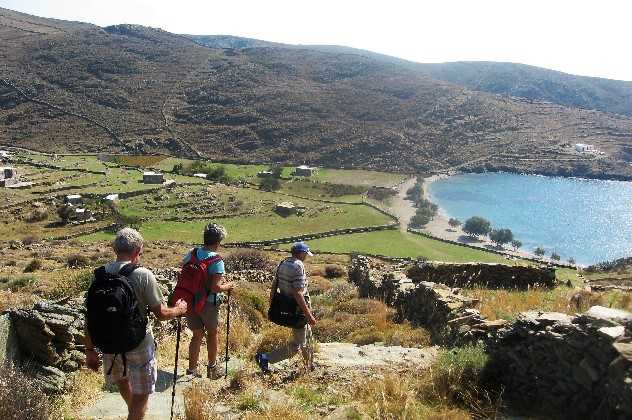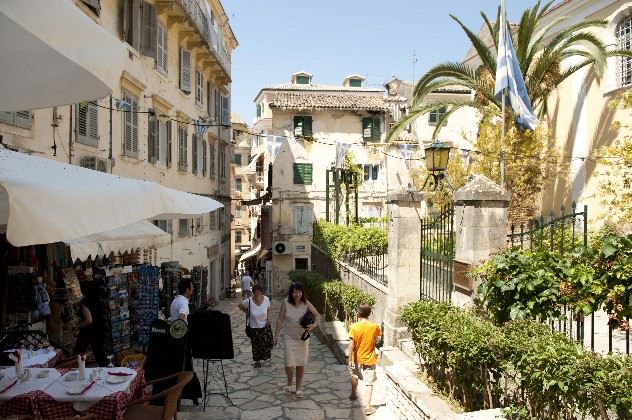Springtime in Greece is a season of celebration, and Easter is a particularly important festival. Greeks observe Orthodox Easter, which usually falls a few weeks after the Catholic holiday. It's both a religious and a spring festival, with symbols of rebirth and the triumph of life after death at its core.
The lead-up to Easter is filled with traditions. On Holy Thursday, families dye eggs red – a fun activity with religious symbolism. The red dye represents Christ's blood, while the egg is a symbol of rebirth. The red egg represents the victory of life over death.
Food is a critical component of Greek Easter celebrations. Tsoureki, a delicious plaited bread, is made the week before Easter. The three strands symbolise the Holy Trinity. Easter Sunday lunch is a long, leisurely affair, usually starting around 2 pm. Families typically slow-cook a lamb for at least six hours, which is then served with salads, bread, and various accompaniments.
For a truly authentic experience, consider spending Easter on one of the Greek Islands, such as Corfu or Crete. These destinations host a range of local festivals that make the holiday extra special. In 2024, Greek Orthodox Easter Sunday falls on May 5th.


